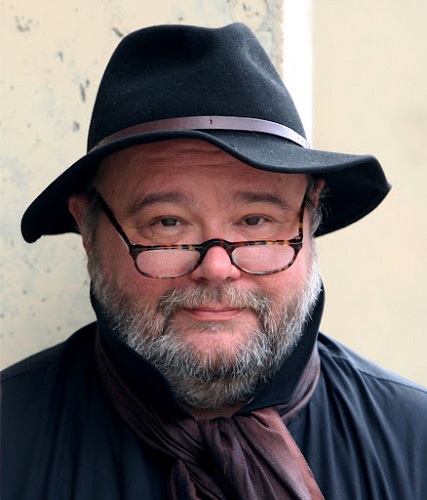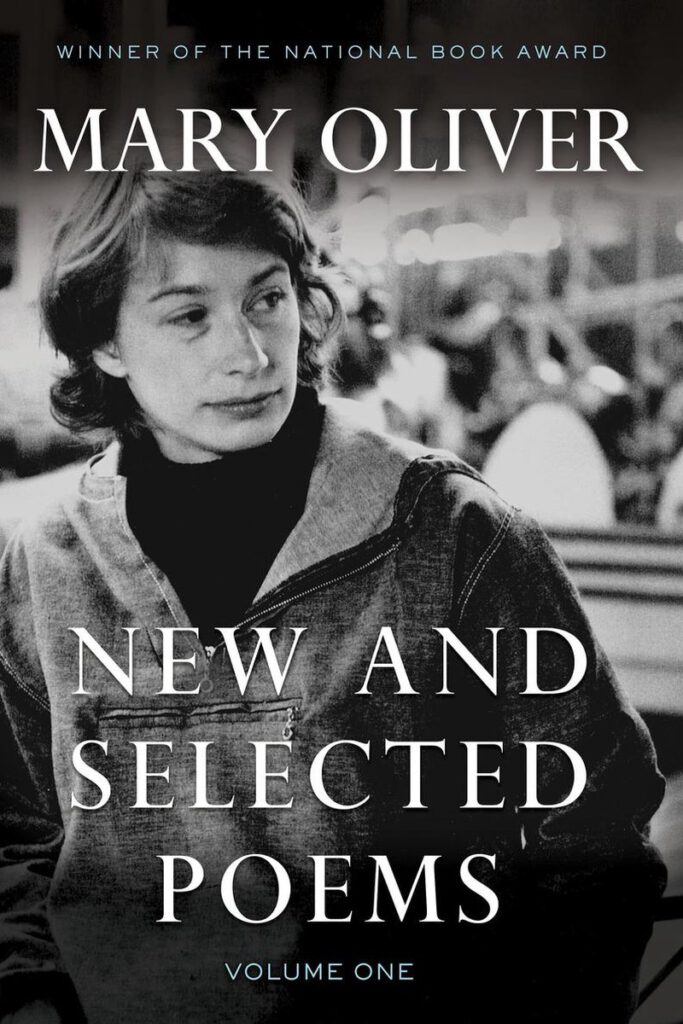De Poolse schrijver Paweł Huelle werd geboren op 10 september 1957 in Gdańsk. Zie ook alle tags voor Pawel Huelle op dit blog.
Uit: The Gift of Freedom
“I don’t remember much in detail from those days. I forget how much I had to pay for a tram ticket or how much bread used to cost. However, what I remember perfectly well is that, as staff member of Gdańsk University, I was earning more or less the equivalent of 17 US dollars. My wife, our young son and I shared one tiny room. Only after they went to bed did I turn on the TV to watch the Round Table negotiations – or rather, a summary of them. I remember committees, sub-committees, discussions. I remember faces – those of Adam Michnik and Andrzej Stelmachowski [representing the opposition], Czesław Kiszczak and Aleksandr Kwaśniewski [on the government side]. Unlike many of my friends, I did not choose to go into politics. I had already embarked on my own writer’s path to which I have stayed faithful until this day. But I did support those changes ardently and wrote a few ad hoc articles wondering what future had in store for Poland, a country with no capital and a very poor society, as the burden of reforms – drastic and inevitable – was obvious even to a layman. In a word – how we would get through the next period with its many unknowns.
Looking back after 20 years it all appears quite different – our optimism of those days, our faith in the future and our joy may seem somewhat naïve and unsubstantiated. But as the time has come to sum up, I will try to do so unemotionally, in a dry, factual and analytical way.
So, first of all: what made the victory of “Solidarity” as an idea and a specific movement possible was primarily the fact that its resistance was based on the principle of non-violence. Despite communist propaganda claims in the first months of martial law (that a bloodbath was being prepared for the regime) not a single window or shop, not a single people’s police headquarters were attacked or broken. It was a revolution without violence that called for a respect of civil and political rights, reminiscent in essence of Gandhi’s movement. Go ahead, attack us, beat us up, lock us up in prisons and detention centres – we won’t fall for your provocations and we will not respond to violence by violence. Undoubtedly, the personality and authority of Pope John Paul II was of huge significance in this respect. His ascendance to the throne of St. Peter in 1978 changed everything in Poland, giving the small group of people in opposition as well as millions of ordinary people courage and the sense that they could demand something more than organized holidays or subsidized milk.
The Church played an enormous and positive role in these changes. Today some in the Polish Catholic Church hierarchy cannot find a modus vivendi alongside full freedom of speech, market, politics, and customs, as if they were irritated by the fact that the crucible of transformation did not bring forth a 100% Catholic Poland, patriotic in a traditional style, coherent in its attitudes to religious education at school or to in vitro fertilization. I do not share this irritation and I am concerned by the occasional expressions of xenophobic, anti-Semitic and anti-European views in the Church. Yet – despite their loudness, as for example in Radio Maryja – these are not dominant views.”

De Amerikaanse dichteres Mary Oliver werd geboren op 10 september 1936 in Maple Heights, Ohio. Zie ook alle tags voor Mary Oliver op dit blog.
Wilde ganzen
Je hoeft niet je best te doen
Je hoeft niet honderden kilometers
door de woestijn op je knieën te kruipen, vol berouw
Je hoeft alleen maar het zachte dier van je lichaam
Te laten liefhebben waar het van houdt
Vertel mij van wanhoop, de jouwe, en ik vertel je de mijne.
Ondertussen gaat de wereld door
Ondertussen bewegen de zon en de heldere kiezels van regen
over het landschap,
over de vlaktes en de diepe bomen
de bergen en de rivieren.
Ondertussen gaan de wilde ganzen,
hoog in de schone blauwe lucht
weer naar huis.
Wie je ook bent, ongeacht hoe eenzaam,
de wereld geeft zichzelf door je verbeelding.
Roept je, steeds maar weer,
als wilde ganzen, schel en opwindend
naar je plek
in de familie van dingen.
Vertaald door Walter Berghoef

Cover
Zie voor nog meer schrijvers van de 10e september ook mijn blog van 10 september 2020 en eveneens mijn blog van 10 september 2018 en ook mijn blog van 10 september 2017 deel 2..
